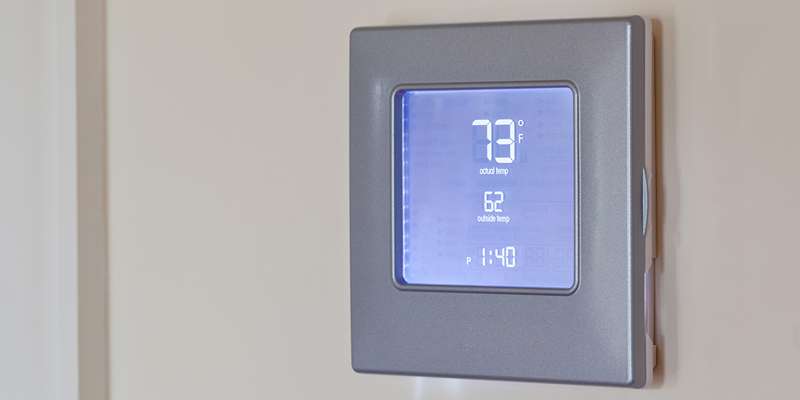
Do you ever wonder where your money goes every month? It’s likely that you’re wasting your money on things around your house without even realizing it. There’s nothing more frustrating than losing money when you might be conserving it. The following is a list of household items that could be squandering your hard-earned cash.
You probably have a lot of electronics plugged in around your house that you aren’t using right now. Even while not in use, a sleeping laptop, a fully charged phone, and anything with a digital clock display consume power. Devices in idle mode consume about a quarter of all domestic electricity. Because of all the power your devices consume while they are turned off, your energy bill is most likely $30 to $40 higher than it should be each month.
Bottled water costs an average of $100 per person per year in the United States. This means that a family of four will spend $400 a year on a beverage that should be nearly free.
Instead of wasting your money on pricey water bottles, invest in an affordable sink filter or a $10 filtering water bottle. The filter will need to be replaced from time to time, however a single filter can replace hundreds of water bottles.
A water dispenser with a 5-gallon water tank is also available.
Cable television costs roughly $110 a month for the majority of American families. That’s more than $1300 every year! With rates like these, it might be time to cancel your cable TV subscription. You might be shocked to discover that you won’t miss it at all.
These days, there are a variety of different alternatives for home entertainment. Rather than paying for cable, invest in a few internet subscriptions such as Netflix, Hulu, Amazon Prime Video, or Disney+. You’ll still be able to watch most of your favorite series and movies, but at a significantly reduced price.
Replace your thermostat if you want to stop wasting your money on your utility expenses. It’s possible that the thermostat in your house is outdated and inefficient. If that’s the case, you’re wasting cash.
You may have complete control over the environment in your house by upgrading your thermostat to a modern, programmable one. Never again will you spend your workday heating or cooling an empty house. You’ll also be able to change the temperature remotely if you use a smart thermostat, in case you arrive home later than usual.

Cleaning up with paper towels is simple, but is it worth the money? On average, if your family uses three rolls of paper towels per week, you’ll spend over $300 each year. Furthermore, you are harming the environment in the process.
Switch to cotton hand towels to wipe down your kitchen and clean up spills instead of paper towels, which you can find on Amazon for a reasonable price. They are reusable and cost less than $10 for a 10-pack. Even if you wash your clothes on a regular basis, you’ll spend significantly less money on cleaning your house than you would on paper.
Your dishwasher’s drying cycle produces sparkling clean dishes but consumes a lot of energy. If you want to stop wasting your money, skip the dryer and air dry instead. You may skip the drying cycle on most current dishwashers, which saves electricity and money.
To air-dry your dishes, simply open your dishwasher after the last rinse cycle and leave the door open while they dry. If you’re concerned about spots on your glasses or china, simply apply a rinse agent to get sparkling clean dishes without spending a lot of money on electricity.
In rotting meals and products, the average American family of four wastes almost $2000 each year. It’s tough to predict how much food you’ll consume in the coming week or month, but wasted food is money.
Make weekly meal planning and shop using a list to avoid spending money on food. Don’t shop when you’re hungry, and don’t throw food away. Instead, bring them to work for lunch or freeze them for later meals when you’re too tired to cook.





